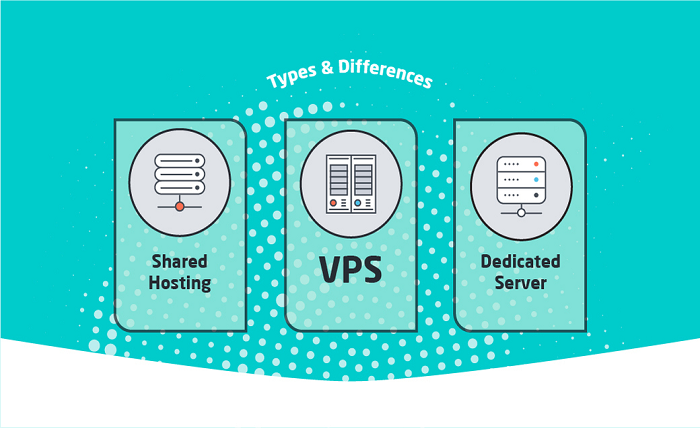Which type of hosting to select for a website: an overview of the main types of hosting services

Let’s talk about complex things in simple terms. Everything you need to know about hosting is in this article. If you’re building a website for the first time, put “Setting Up Hosting” at the top of your to-do list. Approach this task wisely before problems with the site begin. And if you find it difficult to choose and configure, you can contact specialists from an experienced hosting company Zomro, in which technical specialists will help you with these issues.
What are the kinds of hosting?
- Shared;
- VPS;
- Dedicated;
- Cloud.
Let’s look at how each type works and what sites they are suitable for, so you can select the best choice for your site.
Shared Hosting
This is one of the easiest, most reasonable, and most common ways to get hosting when all client sites are hosted on the same server. It can be compared to a hostel where a bed is rented. Of the amenities – an affordable price and full responsibility of the provider for technological management. Of the minuses – relatively low power and the impossibility of fine-tuning the system. If your site needs exact software or modules, something other than this hosting will work.
The provider takes over technical administration, providing the client with a panel with all the configured functions. Typically, web admins need a standard set of tools, and the options available on the panel cover 99% of client requests.
Suitable for easy sites with little traffic – landing pages, business cards, and blogs. It is also ideal for beginner entrepreneurs, as it allows you to save on payments, and the resources of an unlimited tariff are quite enough for a small online store.
VPS hosting
Here we are already reaching a new level – our apartments. The virtual server is even on the same machine as others, and the tenant already has more rights and opportunities. And the walls separating from neighbors are thicker.
Both names are on the network – VPS or VDS. It is often believed that these are some virtual servers, but these are two names for the same service.
On a virtual server, a tenant can host one large or many little websites, install a control panel, divide it into accounts, and supply service as a provider.
The benefits are greater stability, more power, the ability to freely establish the necessary OS, your software, and, in general, do whatever your heart desires. Of course, within the law.
Dedicated hosting
The tenant receives a separate “iron” server for full use, on which he can independently install the OS and software and configure it at his discretion. Now the entire server is at his disposal, and he does not have to share power with other clients.
A dedicated site is suitable for large projects – sites with many visitors, online stores, games, social networks, hosting 1C, or other programs.
It can be assembled at the customer’s discretion, making each physical server unique. Here is the highest level of freedom of action for the tenant, but the price and responsibility are proportional. The provider provides hardware and is only responsible for equipment maintenance and an uninterrupted Internet connection. For example, if a hard drive fails, it will be replaced for you free of charge. But if problems arise in the software part, your admin or provider’s admin will deal with them for an additional fee.
Cloud hosting
The cloud market has grown steadily over the past ten years and is projected to increase in popularity. But unlike traditional shared hosting, cloud considers traffic spikes, so high traffic levels to your site or other sites in the same cloud should not affect your download speed.
Nevertheless, you won’t have root access to the cloud server, which means you won’t be able to change any server settings or install certain software. But cloud hosting might be a good option for those who have a simple website and don’t need those technical options.





